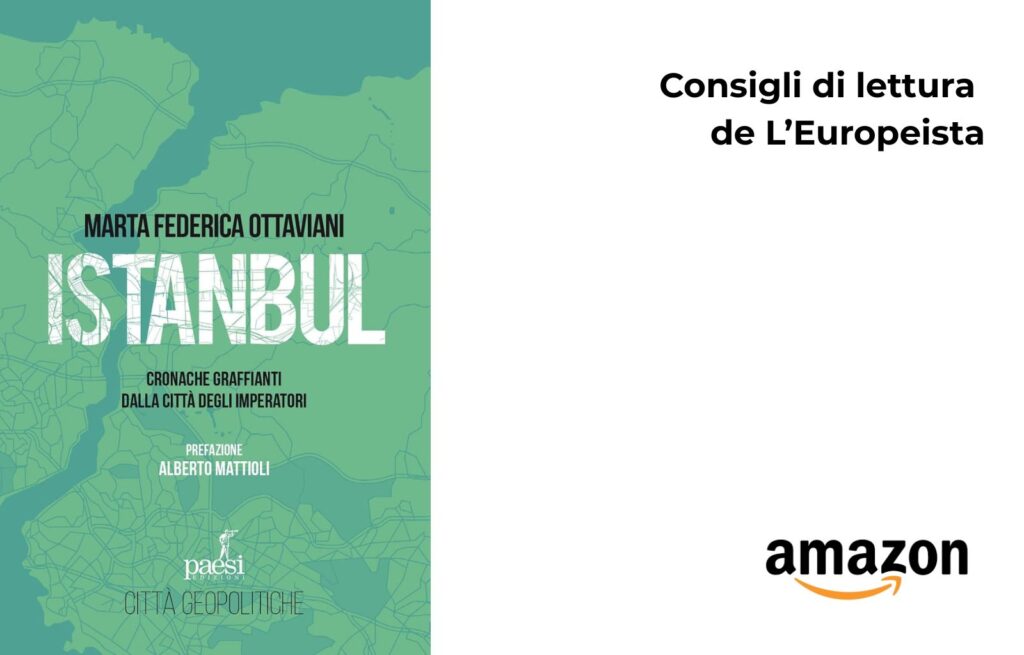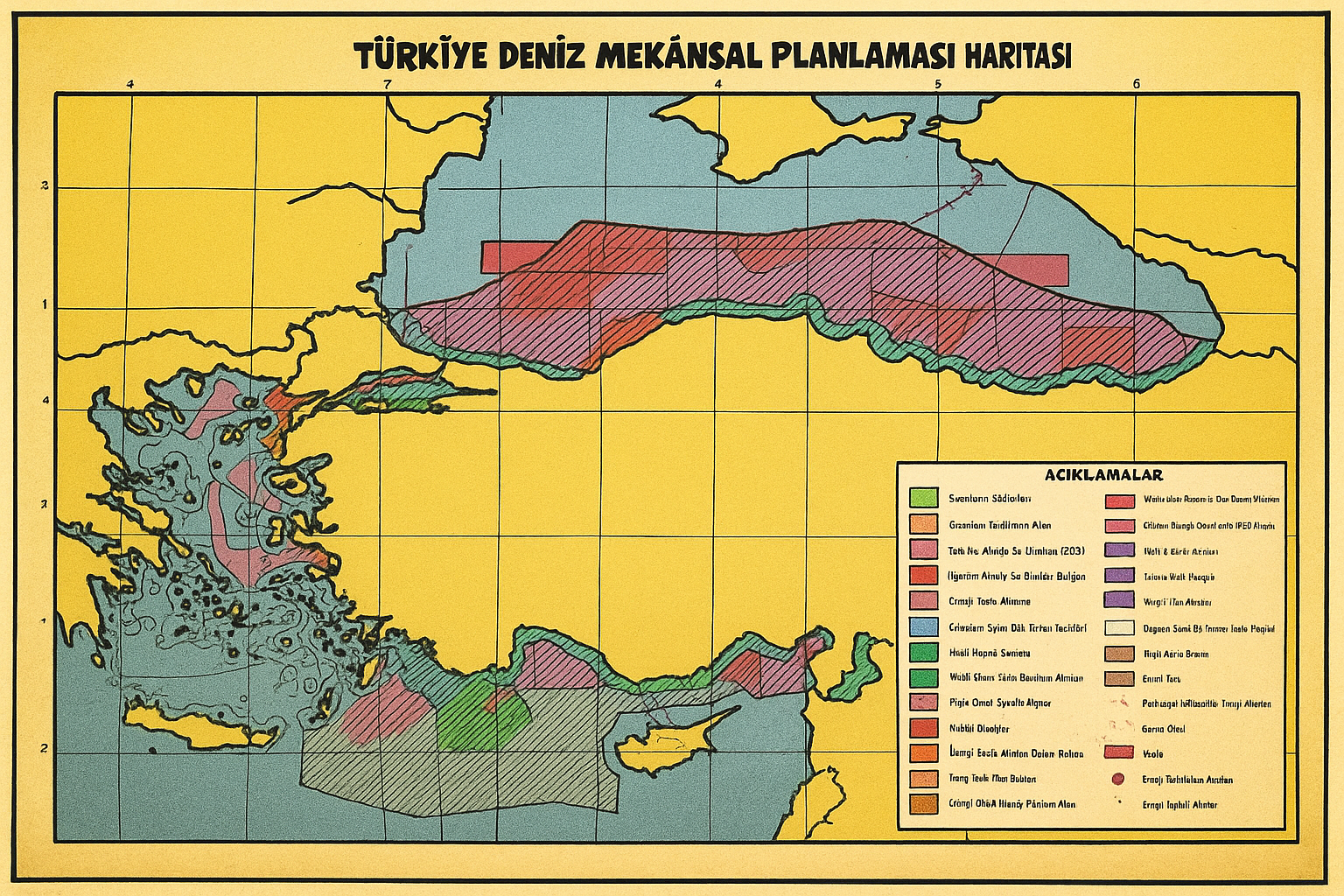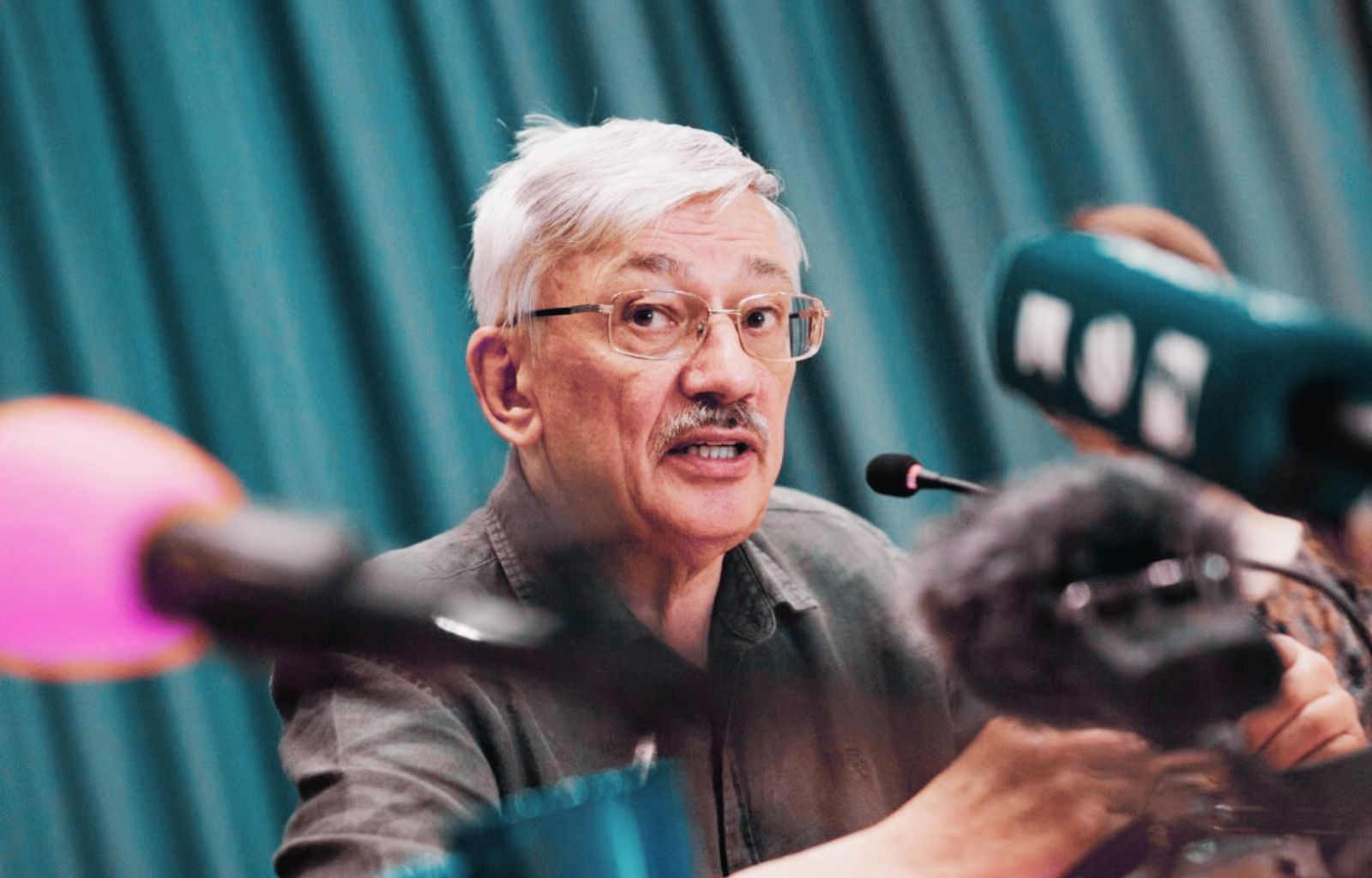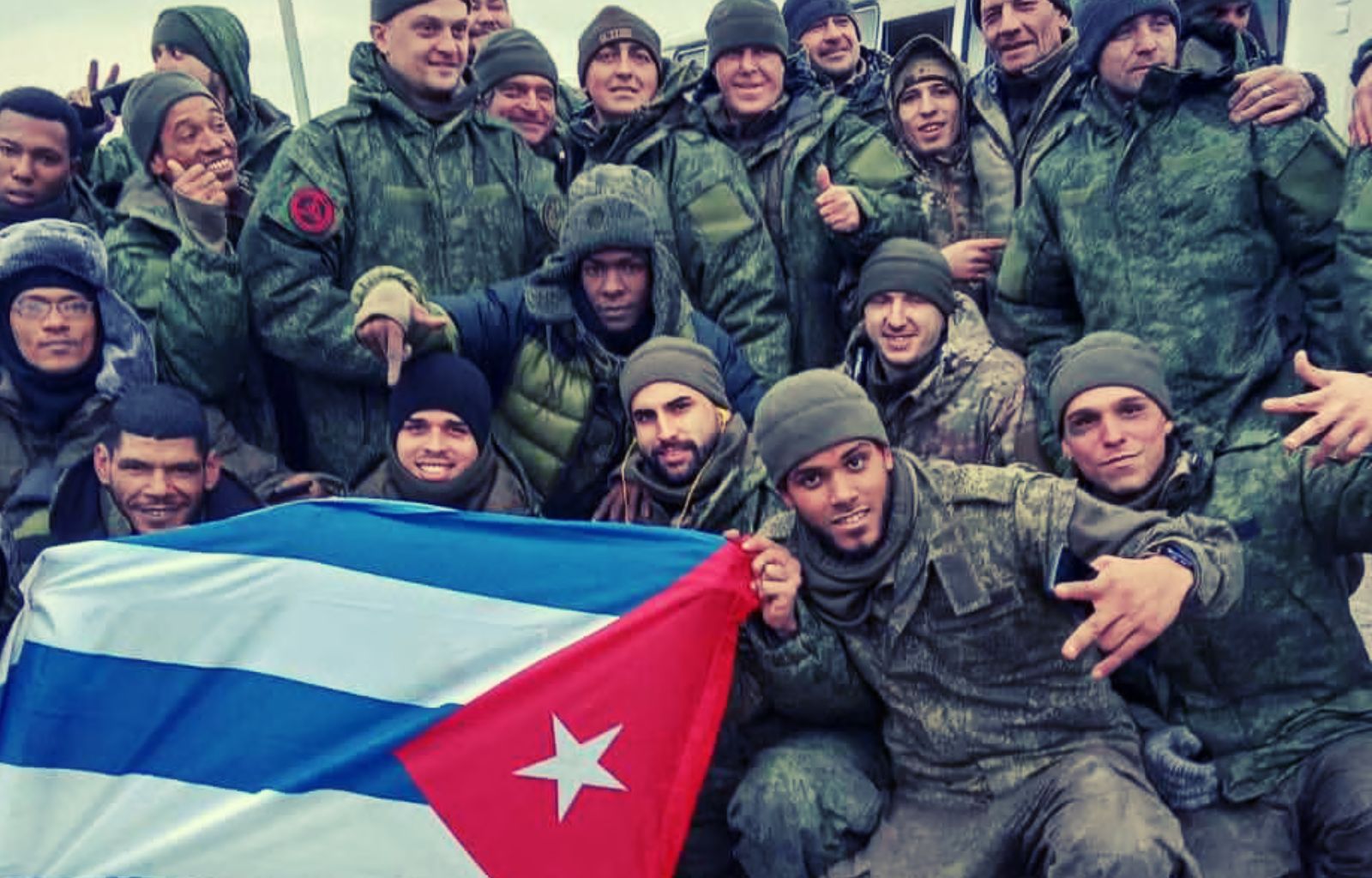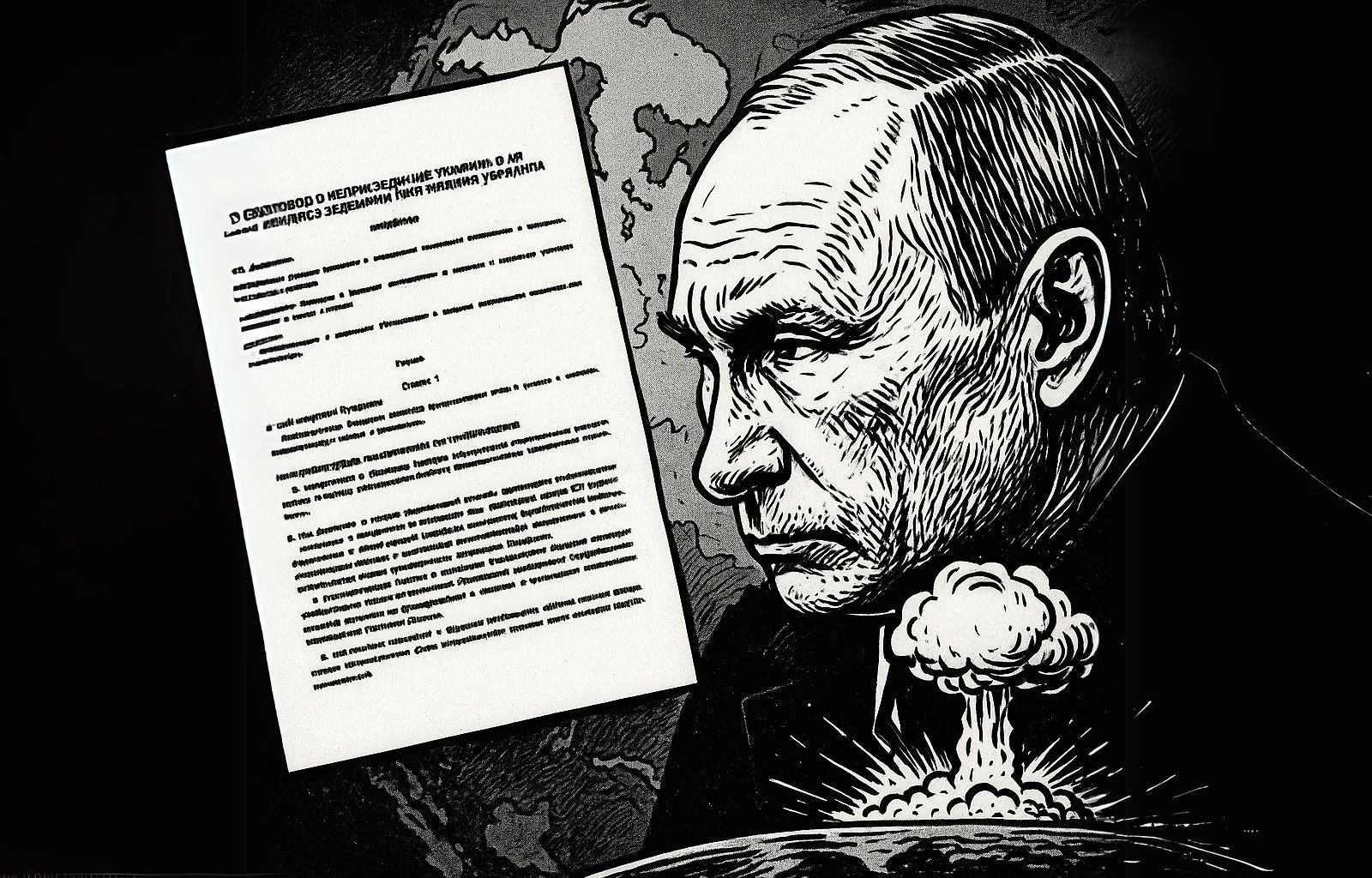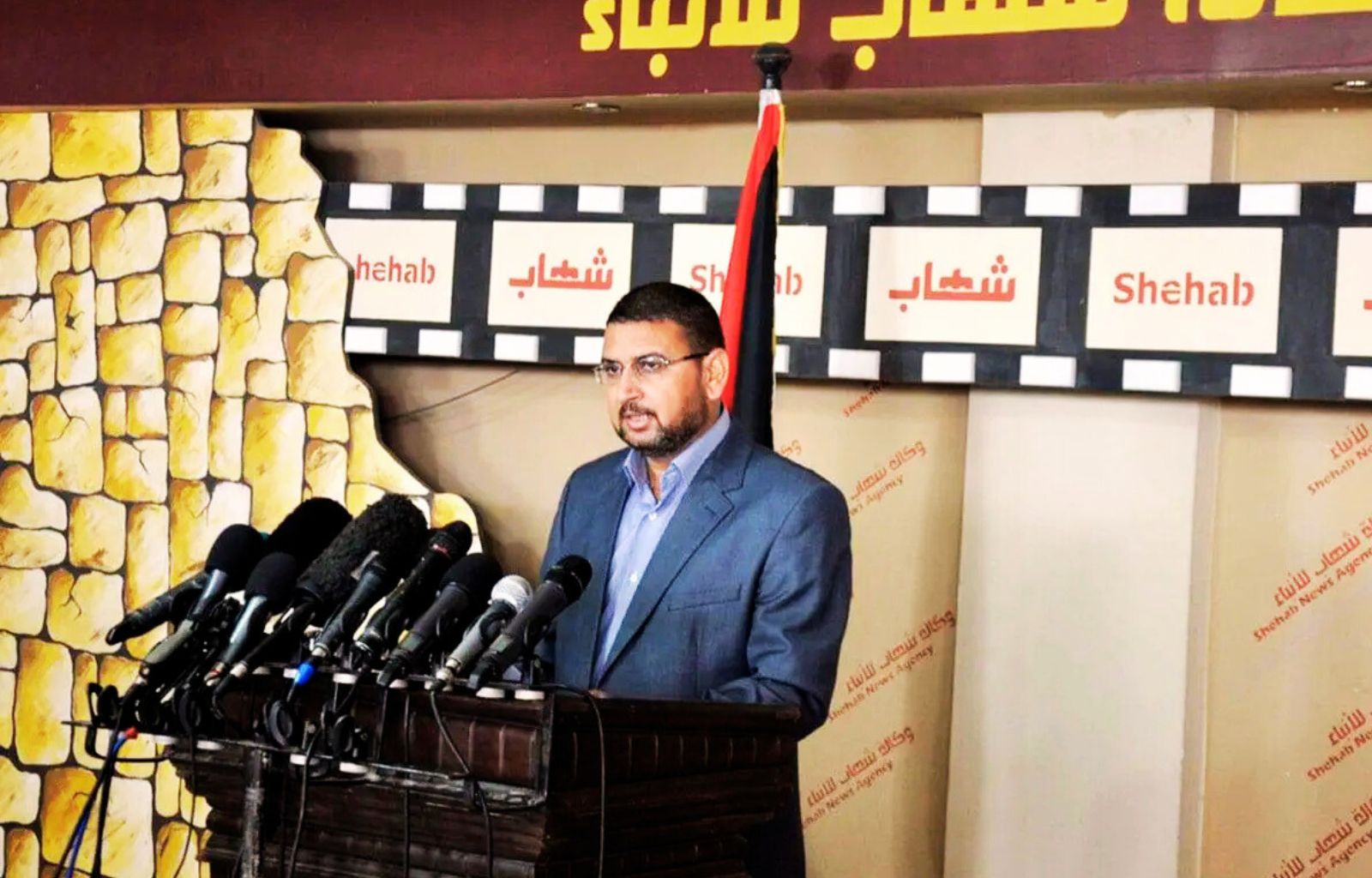Erdogan and the threat of a new ‘migration crisis’: blackmail not to be yielded to
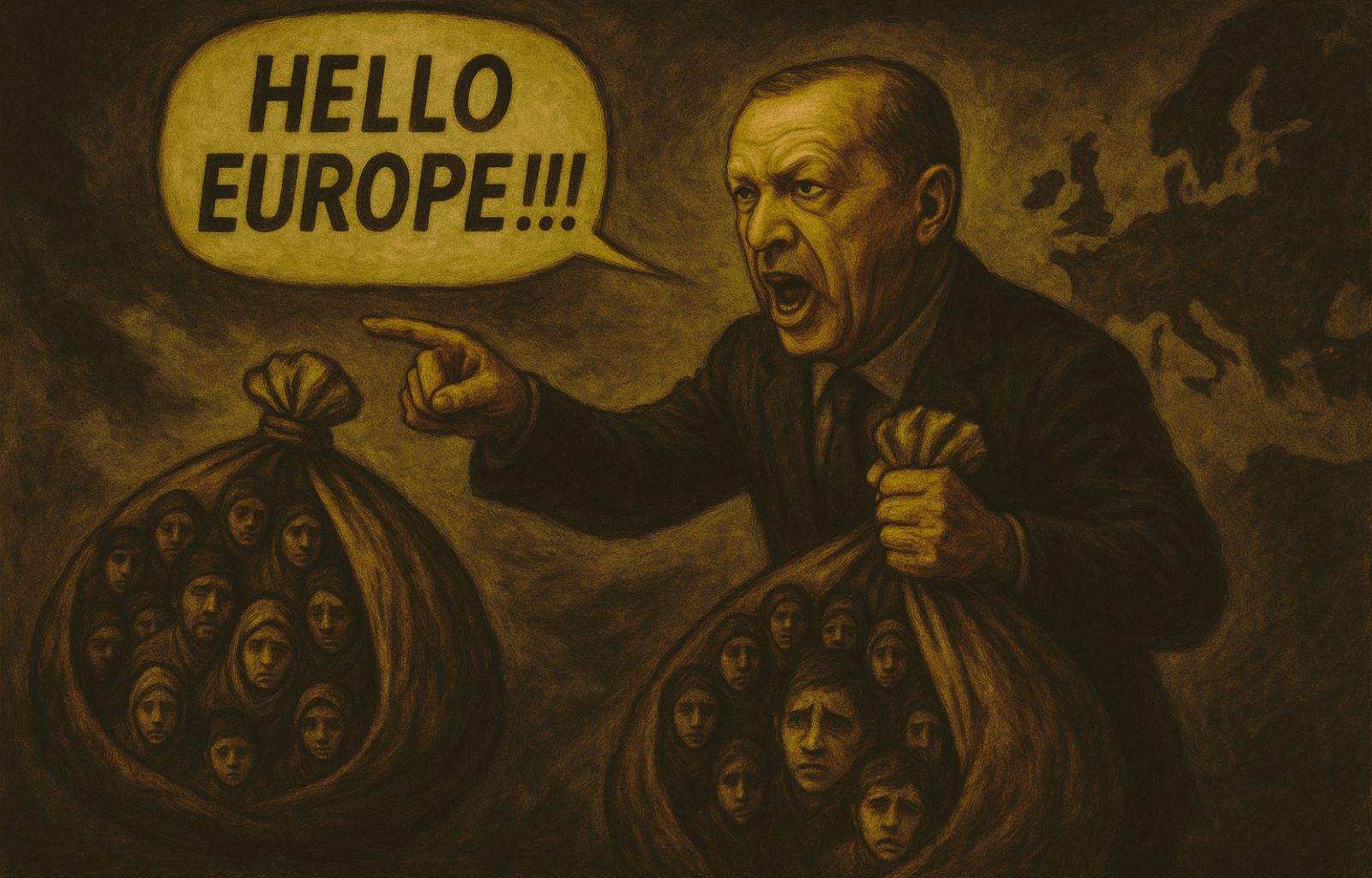
‘Israeli attacks on Iran could cause a new migration crisis‘. While the world watches the military escalation between Israel and Iran with growing disquiet, a ‘familiar’ shadow is looming on the European horizon: the threat of a new migration crisis towards Europe, agitated – once again – by Turkish President Recep Tayyip Erdoğan (but we should call him dictator, as Mario Draghi did from Palazzo Chigi) as a lever of political pressure. The message is not even too veiled: if the European Union does not distance itself from Israel, and if it does not pander to Turkish demands on other regional dossiers, then its borders could be overwhelmed by a new wave of migration.
The game is well known. We saw it in 2015, we saw it again in 2020, when Erdoğan symbolically opened the doors of the refugee camps and pushed thousands of migrants towards the Greek border. Today the script is repeated, but in an even more tense context, with the war between Israel and Iran threatening to inflame the entire Middle East and destabilise even hitherto relatively stable countries such as Iraq or Lebanon.
Turkey currently hosts more than 3 million refugees, mainly Syrians, but also Afghans, Iraqis and Iranians. Ankara uses them as a geopolitical bank: a reserve from which to draw whenever it wants to influence Brussels’ choices or beat the drum by threatening their release towards the European border. What is presented as a humanitarian effort is, in reality, an instrument of political blackmail, perfectly aware and now habitual.
In this context, Erdoğan’s alleged concerns for the fate of the Iranian people appear hypocritical. In Syria, Turkey and Iran have often been direct enemies: Ankara has supported Sunni militias against Assad, an ally of Tehran, and actively fought against Iranian regime-backed Shia forces. The accusations against the Israeli government do not stem from any real solidarity with Iran, but from a strategy aimed at repositioning itself as a central power in the region and, above all, at increasing its contractual weight with the United States and the European Union.
It is no coincidence that, just in the last few days, Ankara has relaunched its maritime nationalism by presenting UNESCO with a new maritime planning map, inspired by the Blue Homeland Doctrine, which provocatively extends Turkish claims in the Aegean and Eastern Mediterranean. A gesture that immediately reignited tensions with Greece.

Behind every statement about the ‘suffering of civilians’ or ‘international law’ lies, in reality, theself-interest of the Turkish leader, who for years has been balancing NATO, Russia, China and the Arab world, always trying to make the most of it for himself and his authoritarian regime. Erdoğan is not looking for peace in the Middle East: he is looking for new room to manoeuvre to strengthen his internal and external power, at a time when the Turkish economy is under pressure, inflation is galloping, and opposition is again making itself heard.
Europe would be making a grave mistake to get caught up in this mechanism again. Instead of allowing itself to be intimidated by migratory blackmail, it should finally build an autonomous foreign policy, which is able to distinguish between regional actors and recognise – without ambiguity – who behaves as an ally, who as an adversary and who as a skilful manipulator. Because a strong and aware Europe does not allow itself to be blackmailed. A weak Europe, on the other hand, will continue to be the object of others’ games.
